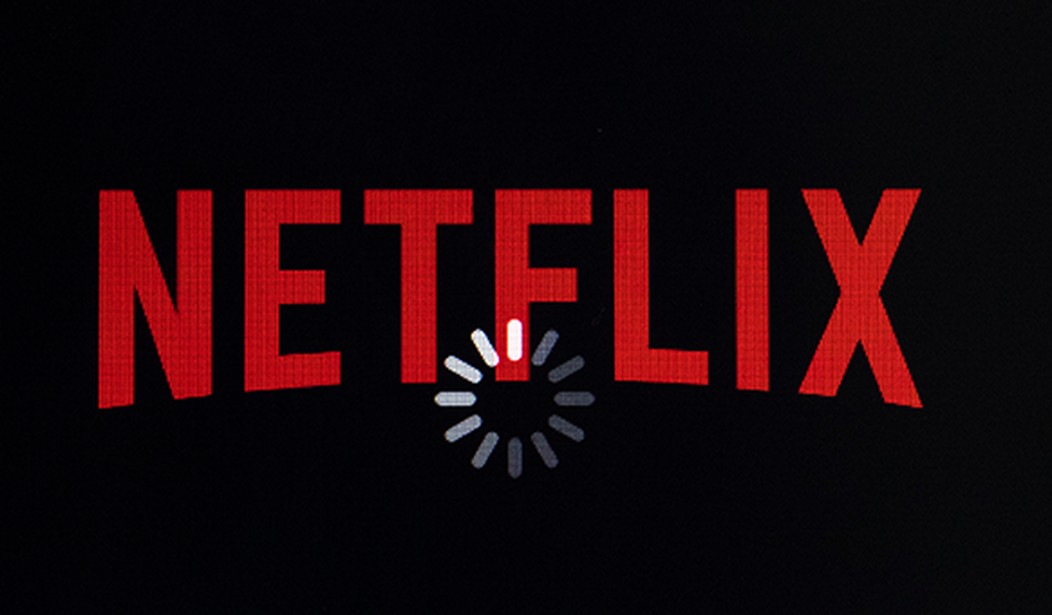“The Insta explore page is flooded with Euphoria stuff.”
“Every 20 videos on TikTok.”
“I see memes everywhere."
These are three teen responses to an informal survey of how frequently they see HBO’s Euphoria in their social media feeds on Instagram and TikTok, and by YouTube.
"Euphoria," a show about high school aged characters, is touted by HBO as its “youngest-skewing drama series,” and has included scenes of child rape, graphic sex scenes between teen characters, full-frontal male nudity, frontal female nudity, nudity of teen characters, illicit drug use by teen characters, pornography use by teen and adult characters, frequent expletives, and more dark and depraved content. When the program first premiered, its creator, Sam Levinson, proudly proclaimed that “there are going to be parents who are going to be totally f***ing freaked out.”
This begs the question: Why should Hollywood be allowed to market TV-MA rated programming to children and teens? The answer is that they shouldn’t.
In March, the Federal Trade Commission (FTC) ordered eight major social media and video streaming to provide information on “how these companies scrutinize and restrict paid commercial advertising that is deceptive or exposes consumers to fraudulent health-care products, financial scams, counterfeit and fake goods, or other fraud.”
If the FTC is genuinely concerned about potential harm to consumers from deceptive marketing practices, this order should also include the marketing of adult-rated entertainment to children on these social media and video streaming platforms, because right now, major media companies are getting a free-pass in spite of their efforts to target children as young as 12 and 13 in the marketing of entertainment products that depict illicit drug use, child sexual exploitation and graphic violence.
Recommended
In the aftermath of the 1999 school shootings at Columbine High School in Littleton, Colorado, when it was revealed that the school shooters displayed interest in violent, R-rated movies and M-rated, first person-shooter video games, the United States Congress held hearings to investigate the marketing of adult (specifically, violent) entertainment to children.
During those hearings, and in a subsequent investigation by the FTC, it was revealed that many entertainment companies were deliberately targeting children in the marketing of adult-rated content. The FTC found, for example, that movie studios repeatedly advertised R-rated films on television programs that were rated highest among teens or where teens comprised the largest share of the audience. In addition, internal memos discovered by the Commission referred to the target market for one video game as “males 17 - 34 due to M rating" and then in parentheses stated: "(the true target is males 12 - 34).”
At the conclusion of that investigation, the Federal Trade Commission urged the implementation of policies across the entertainment industry to ensure that entertainment products were not “marketed in a manner inconsistent with their rating.”
Though much has changed in the intervening 22 years since the FTC first delved into this issue, this much has not changed: Hollywood is still trying to do an end-run around parents, deliberately targeting children and teens in the marketing of their adult-rated entertainment products on the platforms that teens use the most.
The Parents Television and Media Council released a report last fall that looked at the marketing of adult-rated entertainment products to children aged 13-17 on social media platforms like TikTok and Instagram.
While logged-on as a 13-year-old user, researchers found that Hollywood is doing an end-run around parents by marketing sexually explicit TV-MA-rated content directly to children and teens on social media sites popular with 13-17-year-olds. HBO, in particular, appears to be heavily invested in using TikTok and Instagram as a marketing platform for its original series. On TikTok, the hashtag “euphoria” had amassed nearly 50 billion views as of August 2022.
The TV-MA rating should, in theory, serve as a gatekeeper for children seeking to learn more about the program. But social media gives children great access into these shows, whether their families subscribe to a particular streaming platform. And Hollywood is using that back door to do just that.
Marketing mature-rated content to children and teens sends a confusing message to parents and increases the likelihood that kids will be exposed to media content that the ratings indicate is inappropriate for them.
For years Hollywood has been promising responsible self-regulation, and for years the industry has dramatically and repeatedly violated the public’s trust.
We cannot simply shrug-off Hollywood's broken promises and continued efforts to target the most impressionable and vulnerable members of society in their marketing of sexually graphic, exploitative and age-inappropriate entertainment products. The overwhelming consensus of the medical community is that children are harmed by these media messages. And even the most vigilant parents are unable to anticipate the frequency with which children are being bombarded with content designed to pique their interest in mature-rated entertainment products.
It is high time for the producers and distributors of such harmful entertainment products to be held accountable for their irresponsible marketing practices. And it is time for the FTC to renew its commitment to holding these media companies accountable for their efforts to circumvent parents by marketing their graphic content directly to children on social media.
Melissa Henson is the vice president of programs for the Parents Television and Media Council, a nonpartisan education organization advocating responsible entertainment. Twitter: @ThePTC

























Join the conversation as a VIP Member